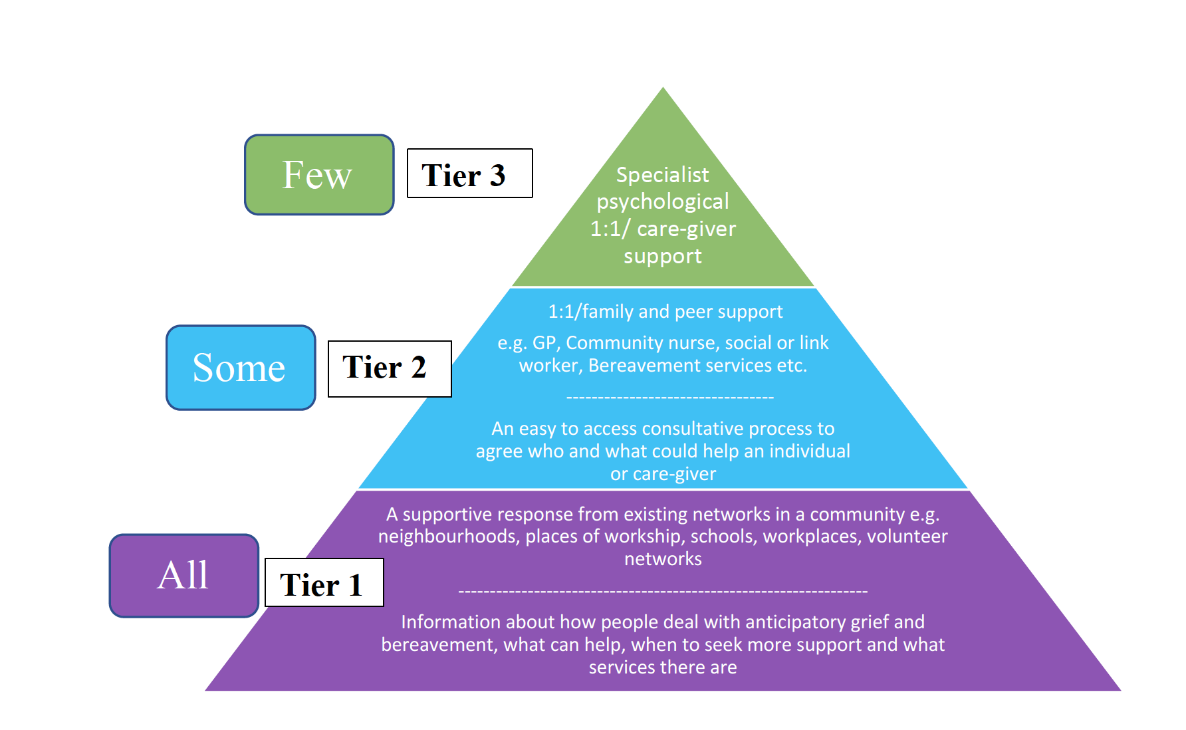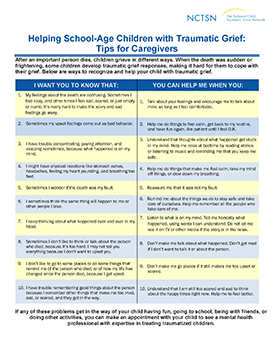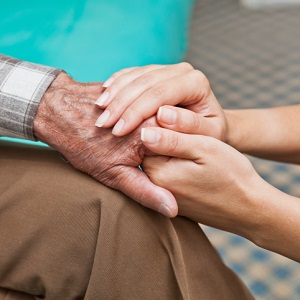Real Tips About How To Help Bereavement

Tears provide a healthy emotional release and help clear out the cobwebs.
How to help bereavement. Sara, who is head of bereavement counselling at teesside hospice, says that after someone’s. Find someone who'll encourage you to talk about your loss. Accept that grief can trigger many different and unexpected emotions.
Here are a few strategies that may be helpful: Let the person know you are there for them, sometimes friends, family, and coworkers can disappear after a loss. Here are 7 tips that’ll help you discover how to grieve in the most supportive way possible.
Don't ask, how are you? the answer is. Stay connected to your usual support systems, such as spiritual leaders and social groups. How to deal with the grieving process acknowledge your pain.
Don't be afraid to mention the deceased. Remember that it can take a long time to recover from a. Therapy is an opportunity to explore your feelings and memories without judgment.
It can take time to understand your feelings and adjust after the loss has happened, but there are things you can do help yourself cope. Provide members with safety and support, often eroded by traumatic. Grief support groups successfully treat complicated mourning in the following ways (underwood, 2004):
It won't make your friend any sadder, although it may prompt tears. Therapy can help with any sort of loss, whether society validates the grief or not. Greene) that can help you continue to monitor what is “normal” grief.
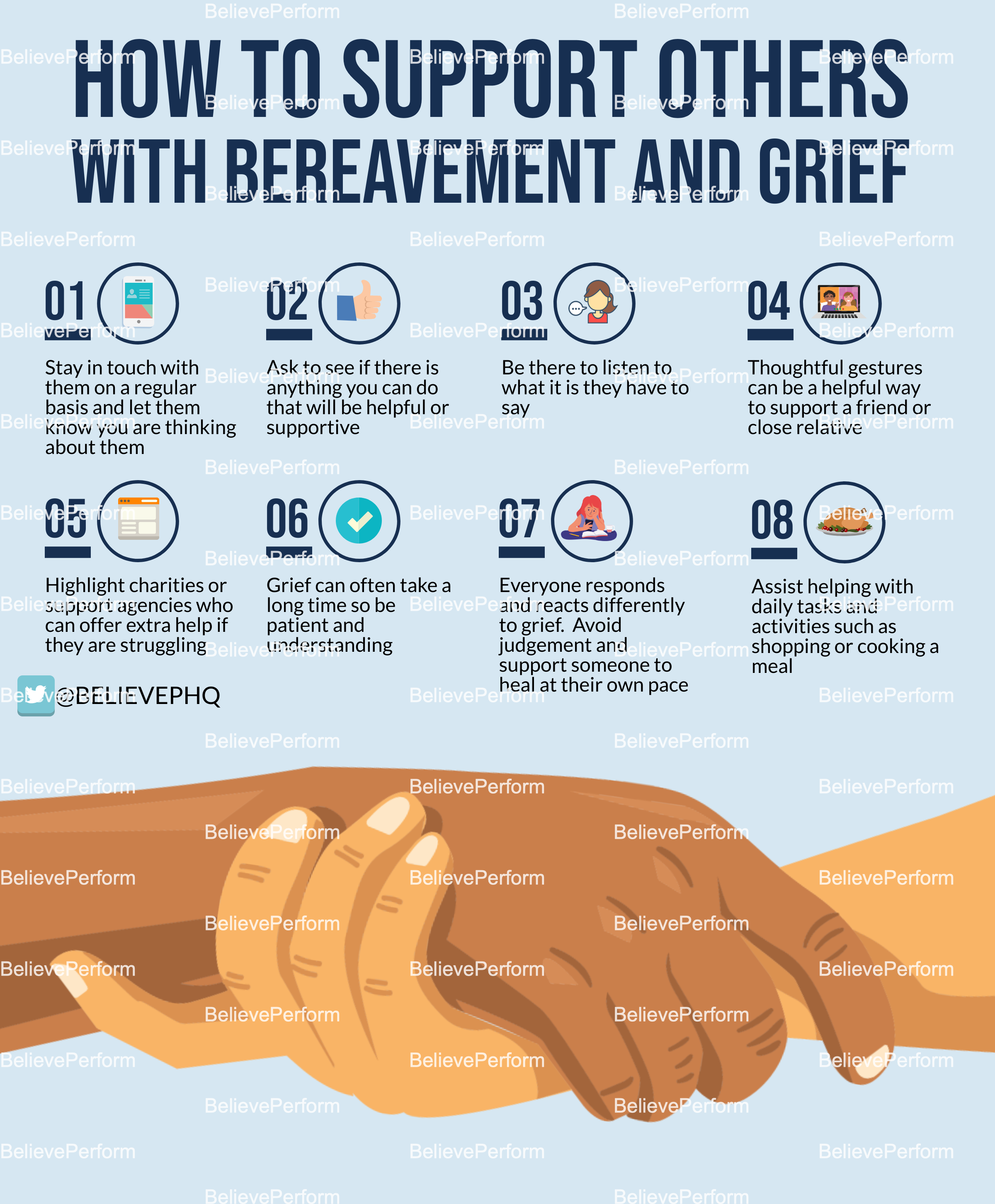
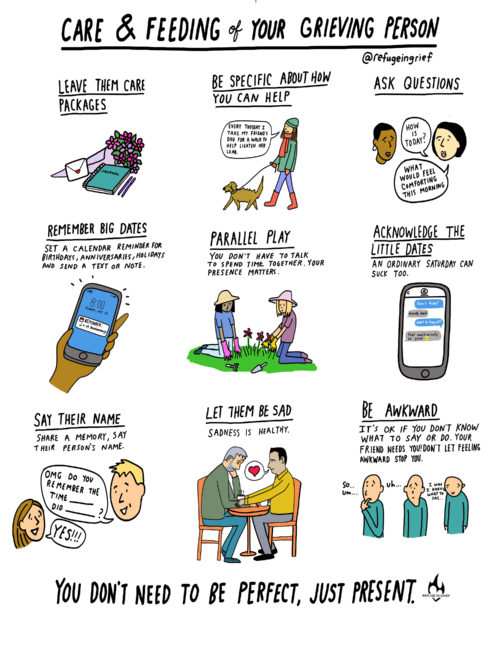
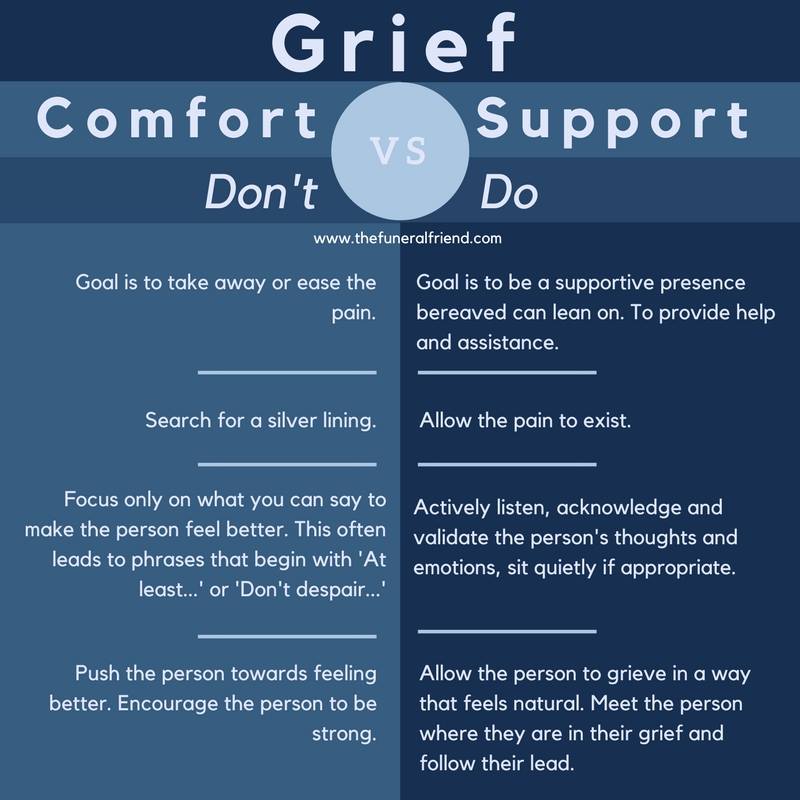
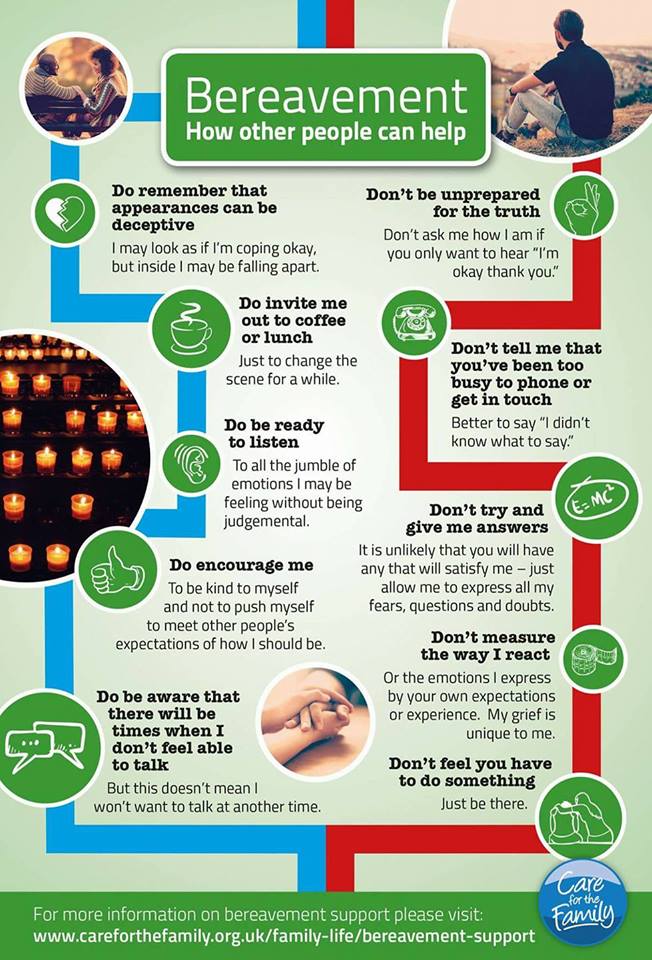
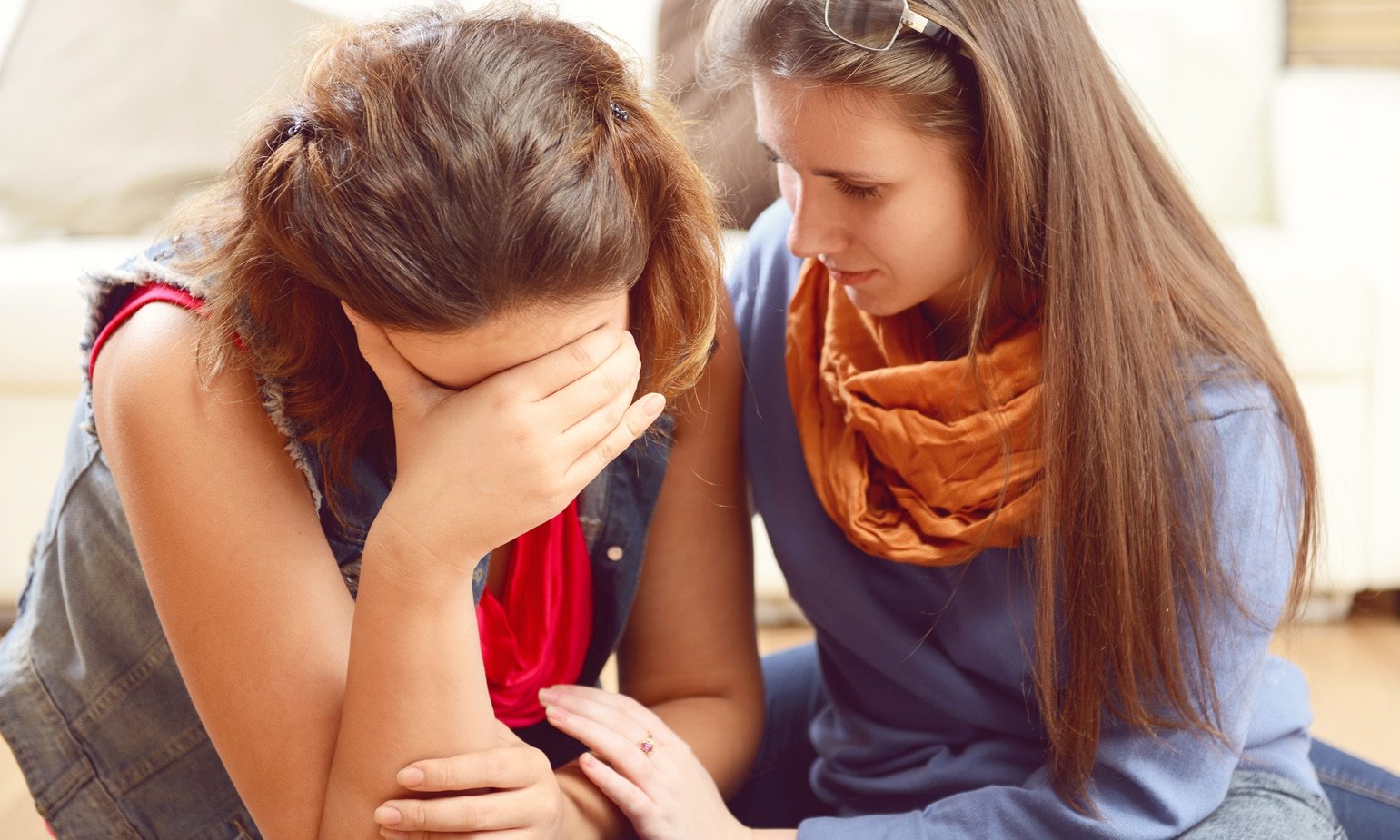
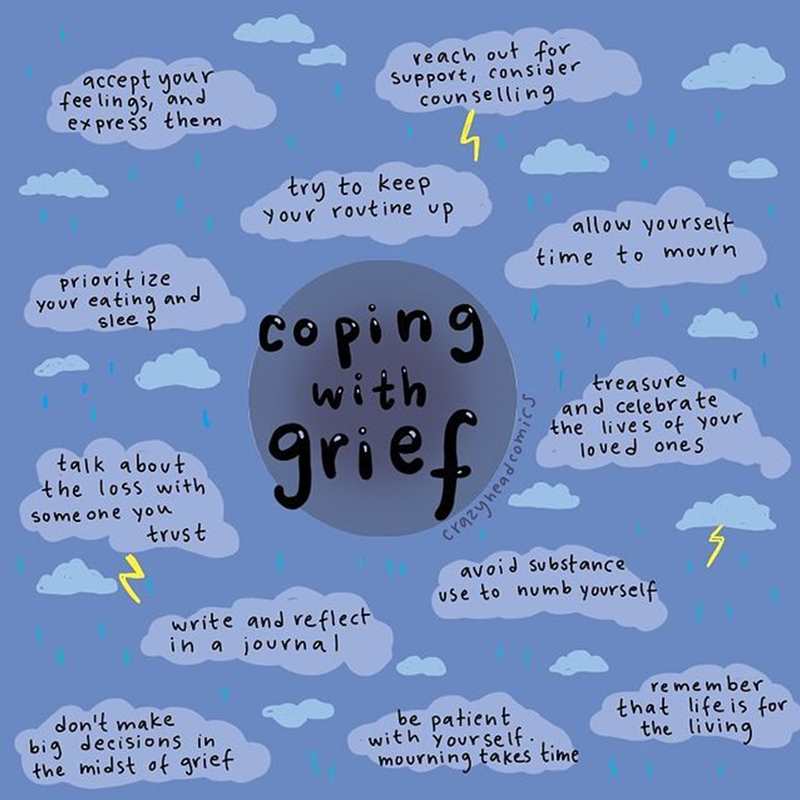


:max_bytes(150000):strip_icc()/signs-of-grief-in-children-and-how-to-help-them-cope-4174245-5c04a4d346e0fb0001c411e1.png)


